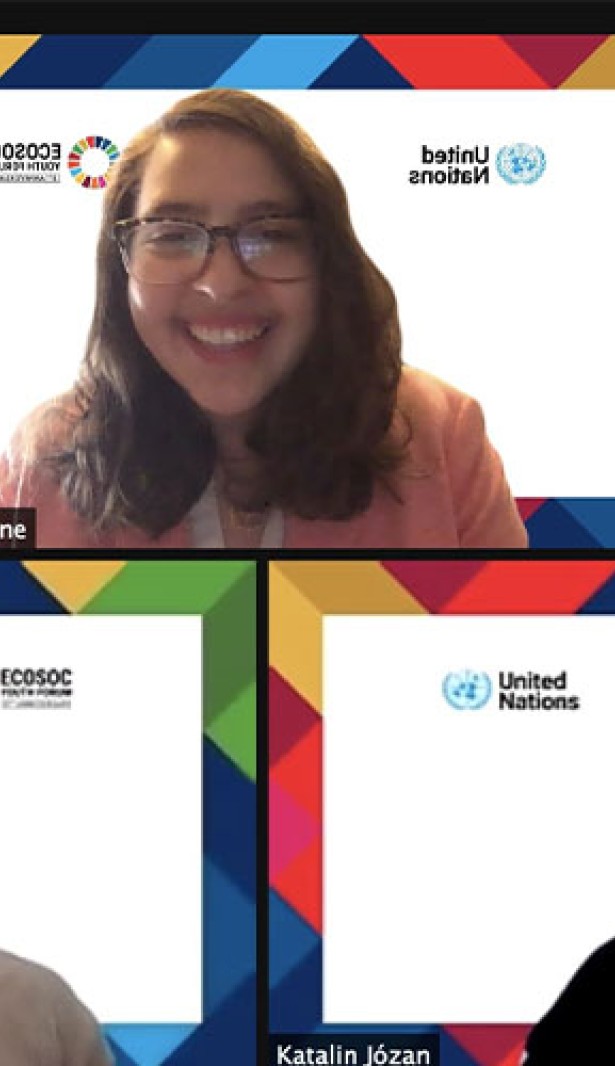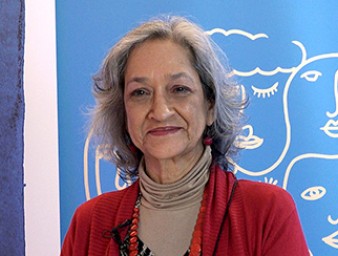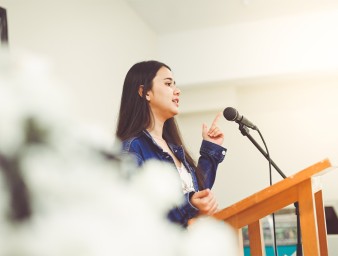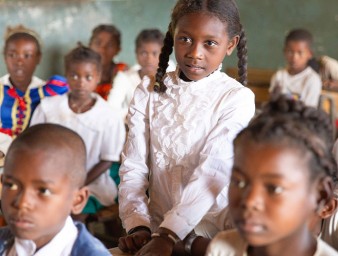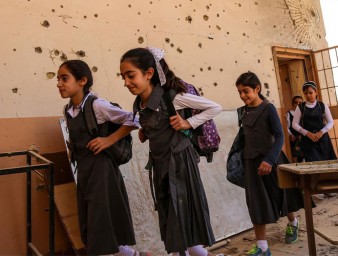Student study shows human rights education helps conflict prevention
11 August 2021
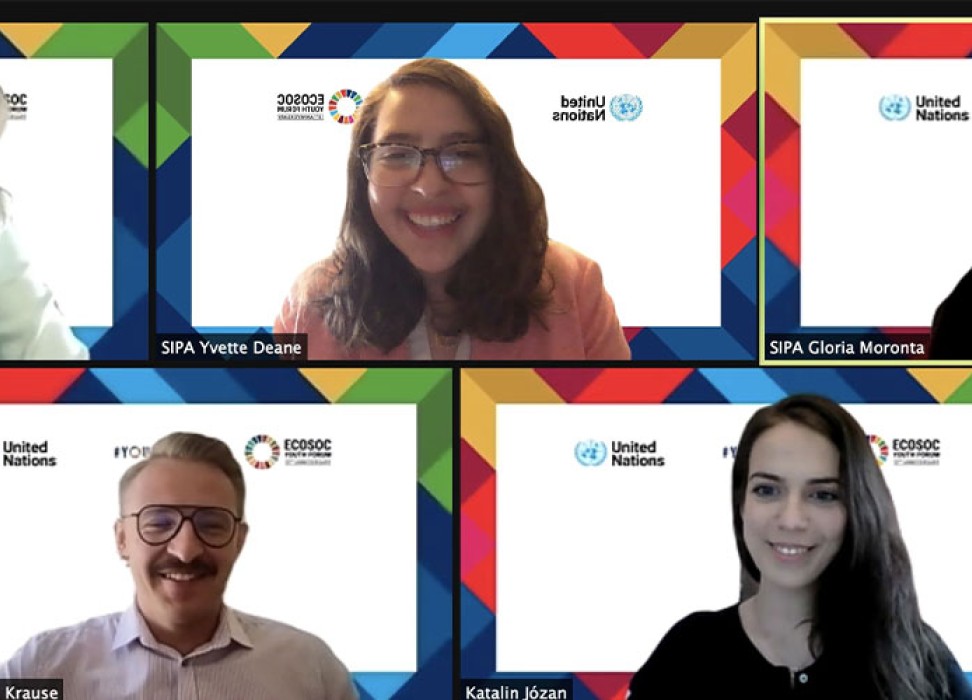
Human rights education and training leads to changes in attitudes and behaviours and develops knowledge and skills that contribute to prevent and resolve conflict - a new research study found.
The study was conducted by five Master’s degree students from the School of International and Public Affairs (SIPA) of Columbia University in the United States: Gloria Moronta, Irina Preotescu, Katalin Jozan, Marvin André Krause and Yvette Deane. Their study sought to understand the role of human rights education and training in preventing conflict and sustaining peace.
“We found evidence that human rights education and training has led to a change in attitudes, knowledge, skills, and behaviour. These are often the same traits that aid with the conflict resolution process,” said Katalin Jozan.
The study was commissioned by the UN Human Rights Methodology, Education and Training Section, which is the Office focal point for human rights education and training, as part of the Capstone Workshops programme of Columbia University. Within this programme, a team of five graduate students, under the guidance of expert faculty advisors, works on a project proposed by the UN Human Rights Office. The report developed by the student team is aimed at supporting UN human rights policies and programmes.
This year, the team was asked to see if there was evidence that showed the link between human rights education and preventing conflict. Through mapping and analysing existing data (in reports, studies, articles and case studies) the team found learning about human rights played a strategic part in lessening conflict and retaining peace.
The study involved online research as well as interviews of academic scholars, United Nations entities, governments and practitioners. It highlighted that human rights education and training programmes in conflict settings are impactful when they build on the local history and context and address the root causes of conflict.
The study is part of a longstanding collaboration between the UN Human Rights Office and Columbia University. Last year, in 2020, another group of students published a study on the impact of human rights education and training programmes for children and youth in non-formal education.
“In advocating for human rights education for, with and by youth, we engage young people as key partners and strive to ensure their meaningful participation in our human rights education work and UN programming,” said Paulina Tandiono, project coordinator for UN Human Rights. “Young people are not only right holders but also key agents in realizing human rights. Human rights education empowers us – the young generation – to fulfil our important role”.
This past April, the team organized, with the support of UN Human Rights, a side event to the 10th Economic and Social Youth Forum to share their preliminary findings of the research project. Attended by over 300 young participants from around the world, the online event aimed to inspire other young people to get involved in human rights education.
“I believe it is essential to involve students in the UN's work on human rights education, as they bring in voices and perspectives that not only result in the development of the field and therefore the lives of so many, but it also shapes the students themselves to be advocates for change,” said Irina Preotescu, a student researcher.
11 August 2021
